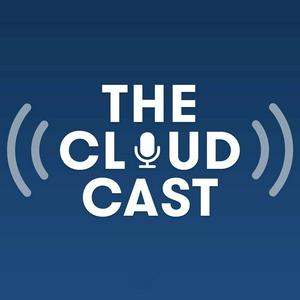Aaron and Brian explore the evolving landscape of AI over the next three years, discussing its economic implications, political influences, technological advancements, partnership dynamics, changing buying patterns, and the potential impact on job creation and destruction. They emphasize the uncertainty surrounding AI's future and the need for understanding its broader implications.
SHOW: 1001
SHOW TRANSCRIPT: The Cloudcast #1001 Transcript
SHOW VIDEO: https://youtube.com/@TheCloudcastNET
NEW TO CLOUD? CHECK OUT OUR OTHER PODCAST - "CLOUDCAST BASICS"
SHOW NOTES:
Stratechery (Ben Thompson)
WHAT DO WE WISH WE KNEW ABOUT AI IN 3 YEARS?
Economics
Politics
Technology
Regulations
Partnerships
Buying Patterns
Usage Patterns
Devices
Job Creation/Destruction
FEEDBACK?
Email: show at the cloudcast dot net
Bluesky: @cloudcastpod.bsky.social
Twitter/X: @cloudcastpod
Instagram: @cloudcastpod
TikTok: @cloudcastpod


